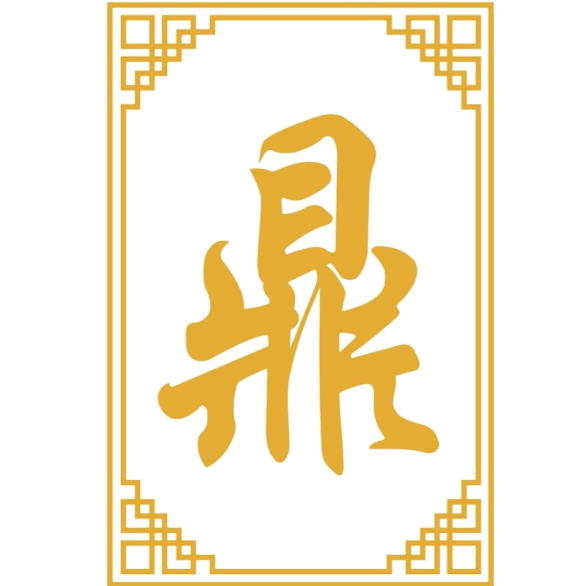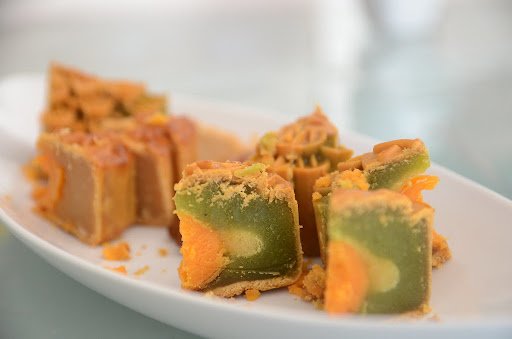Blog
Everything You Need to Know About Mooncake Festival in Singapore
Everything You Need to Know About Mooncake Festival in Singapore
Every year during the mid-autumn season, many people in the east Asian communities celebrate the Mid-Autumn Festival, affectionately known as the Mooncake Festival.
The festival stems from Chinese and Vietnamese heritage and is celebrated in many countries across east Asia, like Singapore, China Taiwan, Vietnam, Korea, Indonesia, Malaysia and Philippines.
As the name suggests, the mooncake festival is celebrated with mooncakes as well as cassia wine and the lighting of lanterns. The mooncake festival is a time when families get together to celebrate thanksgiving, prosperity and family.
Let’s learn more about the mid-autumn festival and what it means:
What is the mooncake festival all about?
The mooncake or mid-autumn festival is a massive celebration in Singapore, given that around 75% of the population identifies as being from the Chinese community. After the Chinese New Year, the mid-autumn festival is the next important event on the calendar for Singaporeans.
There are three main aspects of the festival, namely, gathering, thanksgiving and praying. It is a time when families get together and celebrate the festival giving thanks and praying for material or conceptual things.
The traditions of the mooncake festival have changed greatly over the years, but one thing that has always been celebrated is togetherness and well-being. Another is the tradition of eating mooncakes while moongazing, which both hold great significance to those who celebrate the festival.
What are mooncakes?
The mooncake is very symbolic of the festival and is enjoyed throughout the mid-autumn festival. Mooncakes are a rich pastry with a filling of either lotus-seed paste or red bean paste. Often you will find a salted egg yolk in the centre which is symbolic of the moon at this time of the year.
The mooncake consists of a thin pastry layer encasing the rich, sweet paste filling complete with egg yolk. The more egg yolks in the centre, the more indulgent. Since mooncakes are typically high-calorie pastries (between 400 and 800 calories each), and this is why they are shared as small segments between family members.
With their rising popularity, many chefs and restaurants have experimented with mooncakes. New flavours and ingredients are being used every year to create these delicious treats. From fruit flavours to tea-infused mooncakes, you can find just about any flavour mooncake on the market.
There are also two types of mooncake, namely traditional baked mooncakes and snow skin mooncakes. The traditional mooncakes are baked and have a flaky pastry crust. Snow skin mooncakes on the other hand, are frozen as the crust is made from glutinous rice.
The filling of each type of mooncake also differs. The traditional mooncakes are made from bean paste, while snow skin mooncakes are usually filled with durian or sesame and many more flavours.
When does the mooncake festival take place?
The festival takes place each year on the 15th day of the 8th month in the Chinese lunar calendar. This means the festival takes place on a different day each year according to the international standard Gregorian calendar.
The festival usually takes place sometime during the Gregorian months of September or October. In 2019, the mid-autumn festival will take place on Friday, September 13th. The festival always takes place on the night of the full moon.
While the mid-autumn festival is a public observance in Singapore, it is not a national public holiday. However, people do go out of their way to decorate public spaces like the malls with extravagant lanterns and celebration paraphernalia.
What is the significance of the mooncake festival?
There are a number of significant elements to the mooncake festival. The first being the moon. Over 1,000 years ago, the ancient Chinese used the phases of the moon as their calendar. In the middle of the month, the moon would be at it’s fullest and in the middle of autumn, it was at its brightest.
One great significance about the festival is that it is a time of thanksgiving and usually thanks is given to the gods. Most notably, the story of Chang’E is still evident in the celebration of the mooncake festival.
Chang’E is now known as the Chinese goddess of the moon. She was originally the wife of a king who was exceptionally merciless. In an attend to save her people from tyranny, she drank an immortality elixir that he was planning to drink. According to the legend, she ascended to the moon thereafter and ever since has been referred to and worshipped as the Moon Goddess.
Since the idea of a full moon also represents harmony and a family reunited, the full moon is traditionally a time spent with family. Hence, the mid-autumn festival is a time dedicated to spending time with family and loved ones while indulging in mooncakes, tea and lighting candles and lanterns to celebrate.

